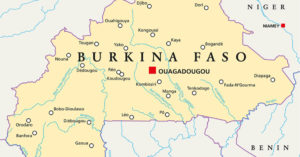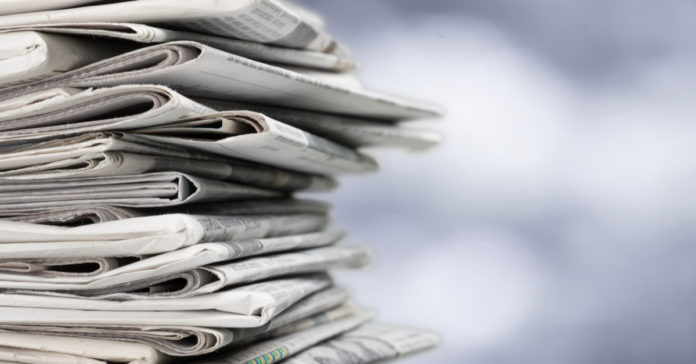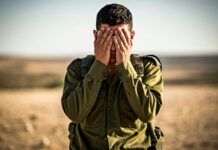Muslim nations have performed very poorly in a new survey which ranks countries according to media freedoms.
The annual World Press Freedom Index by Reporters Without Borders listed 13 Muslim nations in its bottom 20 places.
The lowest ranked Muslim nation was Turkmenistan which RWB described as “an ever-expanding news black hole.”
RSB said: “The government controls all media and the few Internet users are able to access only a highly-censored version of the Internet, often in Internet cafés in which they must show ID before being able to go online. There is only one Internet access provider…
“Harassment of the few journalists who work clandestinely for media outlets based abroad keeps on growing. In recent years, several of these journalists have been arrested, tortured, physically attacked or otherwise forced to stop working, with the result that these media now tend to use the services of citizen-journalists.”
Major Muslim countries such as Iran and Saudi Arabia also appeared in the bottom 20 places.
RWB said: “Iran is still one of the world’s most repressive countries for journalists, subjecting news and information to relentless control. At least 860 journalists and citizen-journalists have been prosecuted, arrested, imprisoned and in some cases executed since the 1979 revolution. The Islamic Republic shows no signs of relaxing its harassment of independent journalists and media outlets, or loosening its tight grip on the media landscape as a whole…
Subscribe to our newsletter and stay updated on the latest news and updates from around the Muslim world!

“Saudi Arabia permits no independent media. The authorities keep Saudi journalists under close surveillance, even when they are abroad, as Jamal Khashoggi’s murder in Istanbul in October 2018 illustrated. Despite his talk of reform, Mohammad bin Salman has intensified the repression since his appointment as Crown Prince in June 2017. The number of journalists and citizen-journalists in detention has tripled since the start of 2017. Most are being held arbitrarily and are likely subjected to torture, which is almost systematic for prisoners of conscience.”
On the other hand, the highest ranked Muslim country was Burkina Faso in 37th place.
“With dynamic, professional and diverse media, Burkina Faso is one of Africa’s success stories,” RWB said. “The transition that followed President Blaise Compaoré’s departure took place without any major crackdown on the media. But certain measures have marred its performance in recent years. The national assembly passed an amendment to the criminal code in 2019 that severely penalises ‘false information’ and coverage of the security forces that ‘compromises public order and the conduct of security operations.’”
The top places in the World Press Freedom Index were dominated by Scandinavian and other European countries with Norway topping the list.
The United Kingdom came in 33th place with its “press freedom record marred by FOI restrictions, the detention of Julian Assange, and threats to the safety of journalists in Northern Ireland.”
RWB said: “Domestic restrictions remained cause for concern. A secret government unit appeared to serve as a clearing house for freedom of information requests, and critical media outlets found themselves blacklisted or facing other restrictions. Critical reporting on the government’s Covid-19 response was met with vindictive official reactions.
“The detention of Wikileaks publisher Julian Assange particularly blighted the UK’s press freedom record. Assange’s extradition proceedings were marred by extensive barriers to open justice. Despite deciding against the U.S. extradition request in January 2021, the court denied Assange’s bail application. Assange’s mental and physical health remain at high risk in Belmarsh prison, where Covid-19 infections have been rampant.
“Two years after the killing of journalist Lyra McKee, journalists covering paramilitary activity and organised crime in Northern Ireland remain at serious risk, with death threats frequently reported. The man charged with McKee’s murder was released on bail in July 2020 and has not yet been brought to trial. In November 2020, the Police Service of Northern Ireland was ordered to pay £875,000 in damages to journalists Trevor Birney and Barry McCaffrey, following their inappropriate arrest and the seizure of their journalistic materials in 2018.”






![The Taliban’s Road To Success [Short Film]](https://5pillarsuk.com/wp-content/uploads/2024/11/Kabul-roadworks-thumbnail-218x150.png)

![The History of Sylhet and British Bangladeshis [Short Film]](https://5pillarsuk.com/wp-content/uploads/2024/11/IMG_3518-218x150.png)











